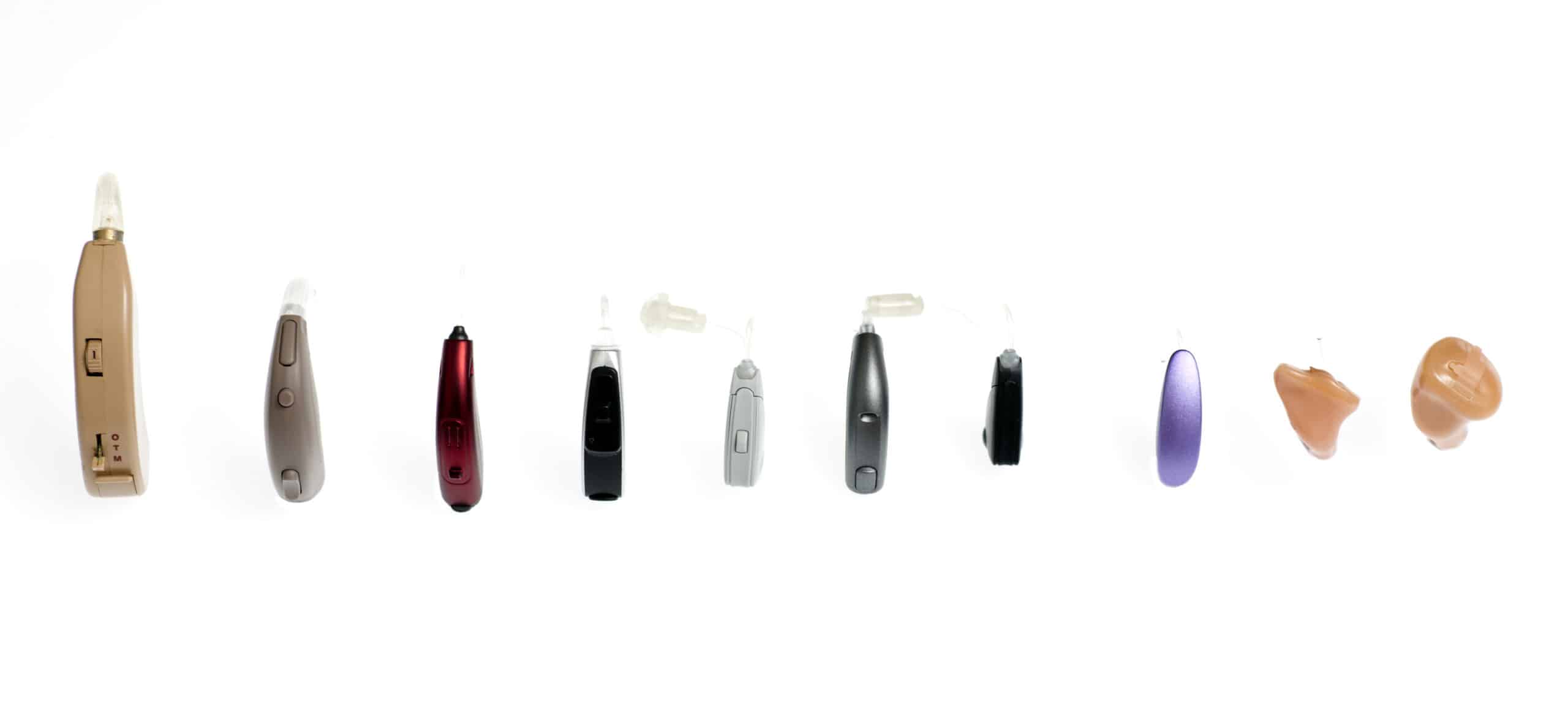OTC hearing aids vs. Prescription Hearing Aids
- Posted on: Nov 15 2022

The FDA-approved hearing aids became available over the counter for the first time in mid-October this year, allowing a more affordable alternative to prescription hearing aids. Not everyone is a good candidate for these OTC hearing aids though and it’s important to know if they will help your type of hearing loss and lifestyle needs.
What are Over the Counter Hearing Aids?
Over-the-counter (OTC) hearing aids are a new category of hearing aids that consumers can buy directly, without visiting a hearing health professional. These OTC hearing aids are an alternative to prescription hearing aids, which are currently only available from hearing health professionals.
What is the difference between Over-The-Counter and Prescription Hearing Aids?
The original idea was to provide an “affordable” alternative to traditional hearing devices. It appears these devices are going to cost between $800 and $1600. This cost does not include any support or help when problems arise. Most entry-level prescription hearing aids will cost $1500 for a pair of instruments. These are fit by an audiologist who has a graduate degree in hearing and hearing disorders. Most of these devices include a 3-year repair/replacement warranty. The audiologist is available to help with any issues that arise, such as device alterations, cleaning, or repair.
Who is a candidate for OTC Hearing Aids?
OTC hearing aids are an option for someone with mild to moderate hearing loss. They are not intended for people with severe hearing loss.
What are the Cons of getting OTC Hearing aids?
- Medical Problems will not be addressed: One main issue is that hearing loss is a medical problem that needs to be addressed by an Ear, Nose, and Throat physician and Audiologist. The reason is that an ear disease needs to be ruled out as well as fixing any problems that can be helped with medical intervention. This may include something as simple as a wax impaction.
- Insurance may not cover OTC hearing aids: A lot of individuals have insurance benefits for hearing aids. If a hearing device is purchased over the counter, you might be missing out on having the insurance pay for part or all of the hearing aids.
- Lower Technology/Personalization: The computer chips in the hearing devices dispensed by an audiologist are the best available. Most of these chips are more powerful than any chip found in any laptop computer. OTC hearing aids do not allow for professional sizing, custom earpieces, counseling own proper use and maintenance or follow-up fine-tuning. This might lead to frustration and noncompliance
- Limited amplification: OTC hearing aids are not designed to treat moderate or severe hearing loss. They are also not designed to treat hearing loss associated with an injury or medical condition
- Shorter warranties: Most OTC hearing aids come with shorter warranties than prescriptions hearing aids
- Age limitations: The OTC hearing devices are only available for someone over the age of 18.
OTC hearing aids: Bottom Line
OTC hearing aids are a good option for those people with minimal hearing loss and a limited budget. Unfortunately, the lack of ability to address all levels of hearing loss or hearing-related medical conditions limits the candidacy. These aids are also limited in the level of personalization, compared to prescription hearing aids. This may frustrate users and prevent them from using the aids at all. Before deciding to purchase an OTC hearing aid, visit an audiologist to determine what type of hearing loss you have and what type of hearing aid will be best suited for you.
Hearing Aid Evaluation
If you have more questions about the best hearing aid option for you, call or securely text us at 512-601-0303 or complete our Request An Appointment form.
Tagged with: Hearing aid technology, hearing aids, hearing loss, otc hearing aids
Posted in: Hearing aids, Hearing Loss

